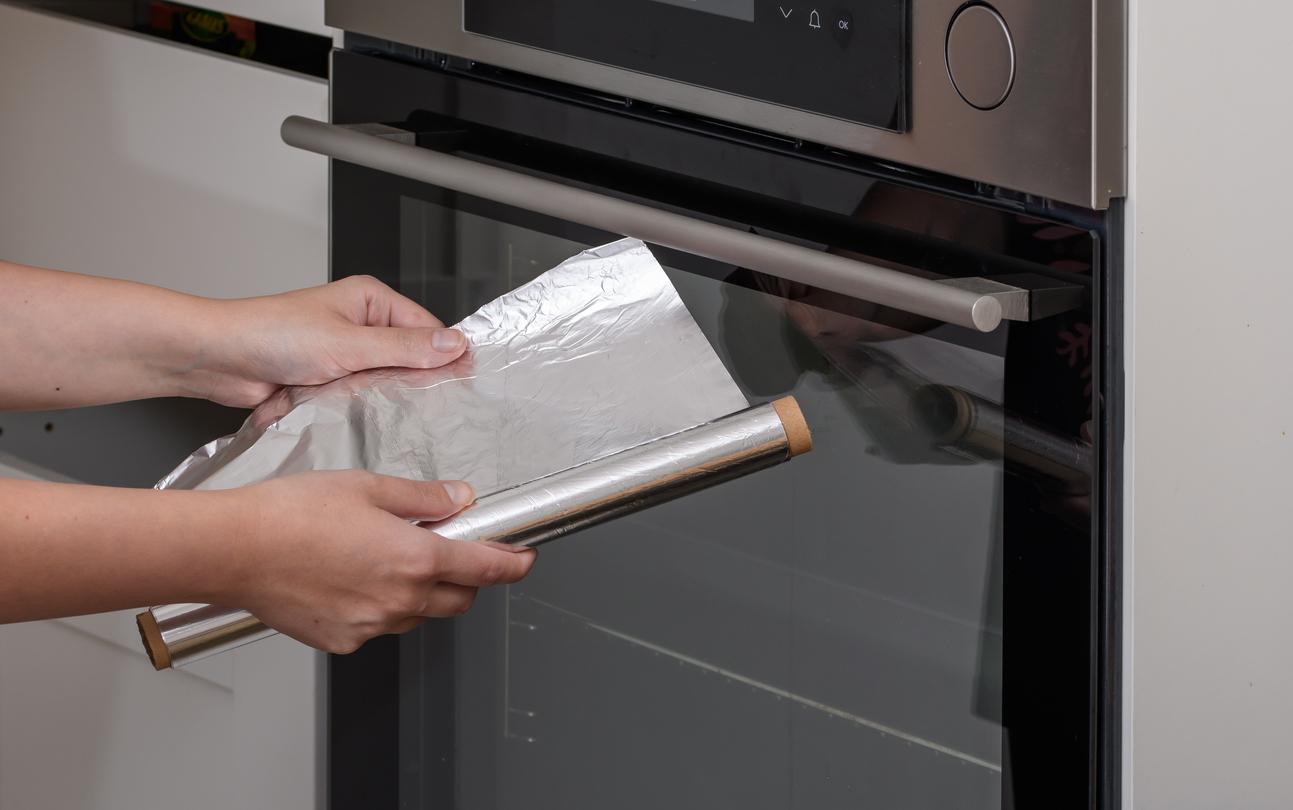Abrasions, shallow and small skin cuts are wounds that you can treat yourself at home. Be careful, however, to be attentive to any sign of infection: if it is red, the wound becomes hot and painful, we consult. As well as for any large or deep wound.
For others, here are natural remedies to clean the wound, disinfect it, protect it and promote healing.
Honey to heal abrasions
Bet above all on honey, if you have it, as is likely, on hand or in your cupboard. The fact is recognized by many scientific studies: honey has a great antibacterial power, therefore antiseptic; and, in addition, it is an excellent healing agent. After thoroughly cleaning the skin with soap and water, and rinsing, apply a thin layer and cover with a compress. Use a quality product, preferably organic, favoring rosemary or thyme honey, with strong antiseptic power. Repeat for several days.
Used as a dressing, honey must be stored for less than 15 months, in a cool place (between 8 and 14°C) and out of the light.
Thyme, vinegar… sanitize small wounds
Always use, imperatively, after carefully cleaning the wound with soap and water!
• A highly concentrated thyme tea, applied with compresses, is traditionally used to disinfect and promote healing without drying out.
• Vinegar (preferably cider vinegar) can, if nothing else, help disinfect a small wound.
But since it is quite aggressive applied pure directly and can aggravate the inflammatory reaction (and therefore the pain), it is better to dilute it halfway in boiled and cooled water.
|
Attention ! Always check that you are up to date with your tetanus vaccination because grandmother’s remedies can do nothing at all against this infectious disease which can be transmitted even through small wounds (soiled with earth, rose bush bites, etc.). .). |
St. John’s wort healing oil
In external use, the red oil of St. John’s wort flowers has been used for centuries for its high healing power. It eliminates bacteria, has anti-inflammatory properties, and activates the healing of small wounds: just soak a compress and apply it like a bandage.
You can use a ready-made oil (Pranarôm, Florame), or make your own oil: stored in a cool place away from light, it can be kept for one year.
Recipe :
• Put 1 handful of dried St. John’s wort flowers and flower buds (or double the number of fresh flowers) in a jar and fill with olive oil (flowers should be completely submerged).
• Expose the jar to light (if possible to the sun) for 6 weeks and shake every day.
• The oil obtained has a red color: filter it, the buttons are no longer useful, they have transmitted their active ingredients.
Hydrogen peroxide or clay removes dirt
Your child is screaming, and you are unable to properly remove the small debris that remains embedded in the wound? Think of the good old hydrogen peroxide that has long been the queen of medicine cabinets.
Endowed with a low disinfecting power – moreover, it is no longer recommended as an antiseptic today -, it has, on the other hand, an undeniable advantage for small dirty wounds: it foams on contact with blood and serosities of the skin. This effervescence due to the release of oxygen facilitates the release of dirt and therefore the cleaning of the wound. But that does not prevent disinfecting afterwards.
You can also use green clay. In addition to its antiseptic, anti-inflammatory and healing properties, it has an absorbent power and will also suck up small stains and absorb them. Prepare a smooth, but fairly thick paste and apply it – so that the clay does not dry out, you can moisten it with a water mister. Repeat until the small wound becomes clean.
Pepper on a bleeding cut
Small clean and superficial cuts on the fingers, with a knife for example, are the ones that tend to bleed the most: as soon as you stop the compression, it starts again right away! After cleaning with soap and water to remove any bacteria, unsheath the black pepper mill without hesitation, and grind on the cut. No fear… It won’t sting or burn, the substances in this spice only irritate the mucous membranes. And on a cut, it’s radical: various active ingredients in pepper, including piperine, and its essential oil very quickly stop the bleeding. What’s more, pepper is a good antiseptic, and the intense congestion it produces on contact with the skin will lead to faster healing.
For further
Disinfect your skin well
Healing or energizing, choose the right honey


















